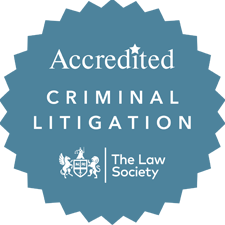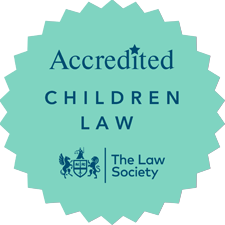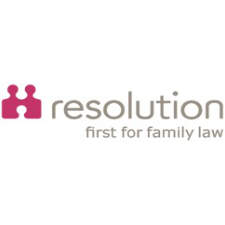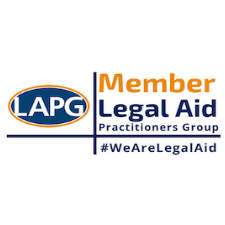A Section 91(14) Order is known as a ‘barring order’ and relates to Section 91(14) of the Children Act 1989. This type of Order allows the court to prevent individuals, usually parents, from making an application to the court without the court’s permission. These Orders have generally been used as a last resort to prevent parents, particularly in private law cases, from making repeated applications to solve disputes in the courts.
The purpose of a Section 91(14) Order is to avoid unwarranted, unnecessary, and disruptive applications being made, which are often without merit. Although the court can assist in solving disputes between parents, for example which parent the child(ren) should live with and the time they should spend with the non-resident parent, the process of resolving matters in this way is often long, costly, stressful and can be traumatic for children, due to the uncertainty it causes.
Prior to court proceedings being issued, it is obligatory for a referral to be made to mediation, in an attempt to ascertain whether the difficulties can be resolved without the need for an application to be made to Court. Certain matters are exempted from mediation, for example if there has been domestic abuse within the relationship; if there is risk of harm to the child; if the delay caused by mediation may place the child at risk of harm, etc.
Section 91(14) Orders, historically, were used relatively rarely. These Orders can be used to offer protection both to children and parents from repeated sets of court proceedings, particularly where children and/or parents have been subject to domestic abuse by the other party/parent and that parent is continuing to use court proceedings as a way to further the abuse.
Section 91(14) should be read in conjunction with section 1(1) of the Children Act 1989, which states that the child’s welfare shall be the court’s paramount consideration.
There are not set guidelines as to when a 91(14) may be exercised but, in accordance with the Judgement of Butler Sloss LJ in Re P (Section 91(14) Guidelines (Residence and Religious Heritage)) [1999] 2 FLR 573, the court is advised to weigh the child’s best interests against infringing upon an individual right to access litigation. As the use of this order can prevent individuals from their right to bring proceedings before the court, it is to be used as an exception, not the rule.
Section 91(14) orders may be appropriate:
- If further applications under the Children Act would place the child or other party at risk of harm.
- If a party has continually made unjust and unreasonable applications.
- If it is in the bester interests of the children, in conjunction to section 1(1).
- Where a period of rest is deemed necessary after long proceedings.
- If time is needed for actions to be taken to keep the children or party safe.
- Where a party’s conduct is affecting the child directly or indirectly by effecting their parent or carer detrimentally.
Though a Section 91(14) Order restricts parties from returning to court, it does not entirely prohibit it. An individual can still apply to court for permission to make an application under the Children Act 1989. The court should only grant permission to make the application if it deems the application has merit to succeed. Also, the applicant must be able to prove that they have made a substantial change since the Section 91(14) Order was made, in that their application is genuine and necessary.
This type of order was recently reviewed by the Government employing a panel of experts to review private law cases and how the Family Court protects children and parents, which includes a review of Section 91(14) Children Act 1989. The report titled ‘Assessing the Risk of Harm to Children and Parents in Private Law Children Cases) found that Section 91(14) was not used to prevent perpetrators of abuse to continue tormenting their victims through applications to the court. Following this report, amendments to the law have been made in relation to Section 91(14) Orders, which have been incorporated into the Domestic Abuse Act 2021. Section 67 of the Domestic Abuse Act 2021 amends Section 91(14) Children Act 1989, clarifying that orders are available where proceedings are causing harm or are used as another form of abuse. This has been clarified by Re A [2021] EWCA Civ 174 which has superseded previous case law, outlining that the prolific use of social media and emails in the modern world leaves section 91(14) orders more necessary where litigation has caused harm. Further amending the Domestic Abuse Act to make section 91(14) orders mandatory where there has been significant harm. The future of Section 91(14) Children Act 1989 means it can extend to protection of individuals who are being harassed by being brought to court.
How Johnson Astills can help
Please contact Johnson Astills at either our Leicester Office on 0116 255 4855 or our Loughborough Office on 01509 610 312 and ask for a member of the Care Team so that we can advise you accordingly. Alternatively, please email us on careteam@johnsonastills.com and a member of our team will be happy to assist you.








